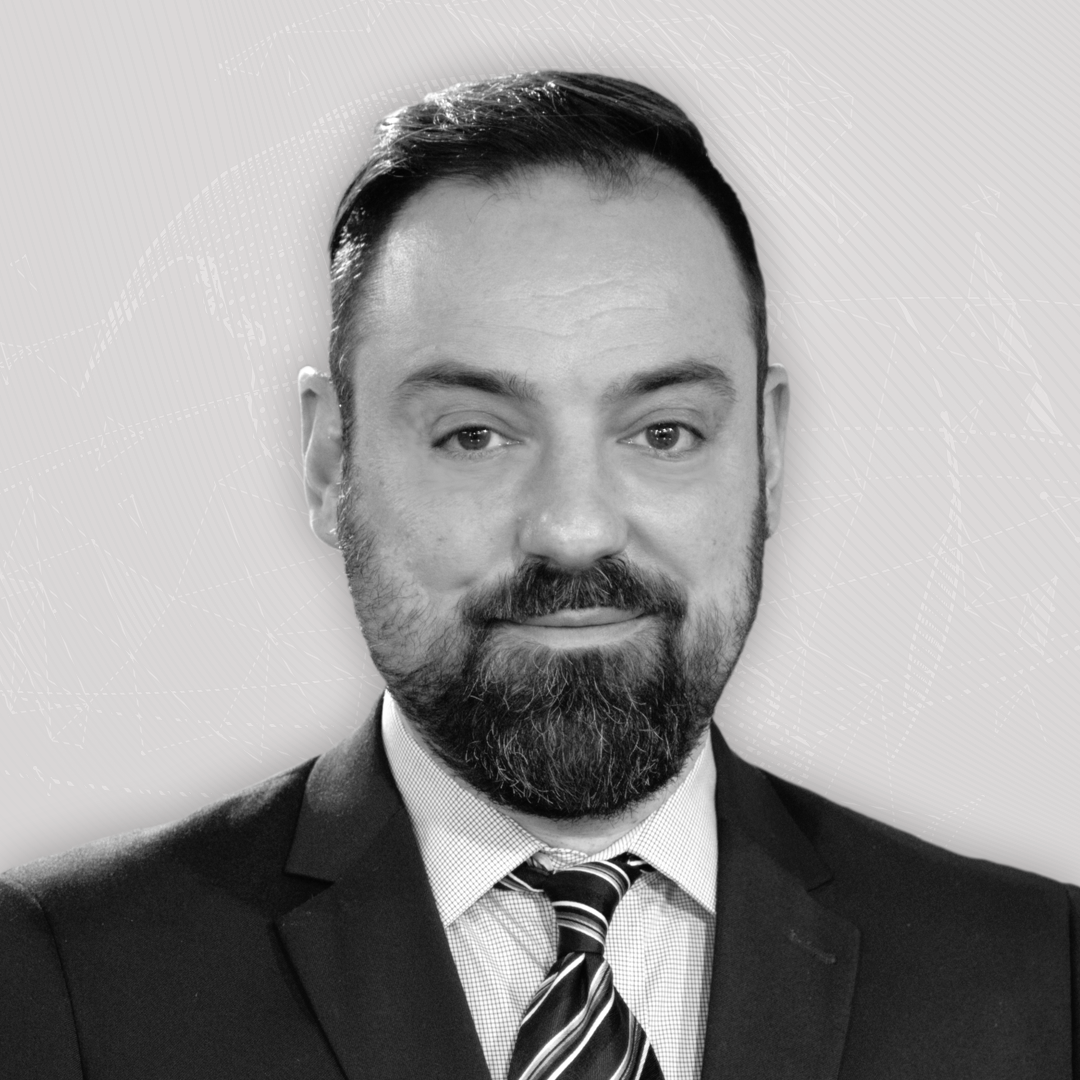

Ernest Hoffman
Ernest Hoffman is a Crypto and Market Reporter for Kitco News. He has over 15 years of experience as a writer, editor, broadcaster and producer for media, educational and cultural organizations. Ernest began working in market news in 2007, establishing the broadcast division of CEP News in Montreal, Canada, where he developed the fastest web-based audio news service in the world and produced economic news videos in partnership with MSN and the TMX. He has a Bachelor's degree Specialization in Journalism from Concordia University. You can reach Ernest at 1-514-670-1339.